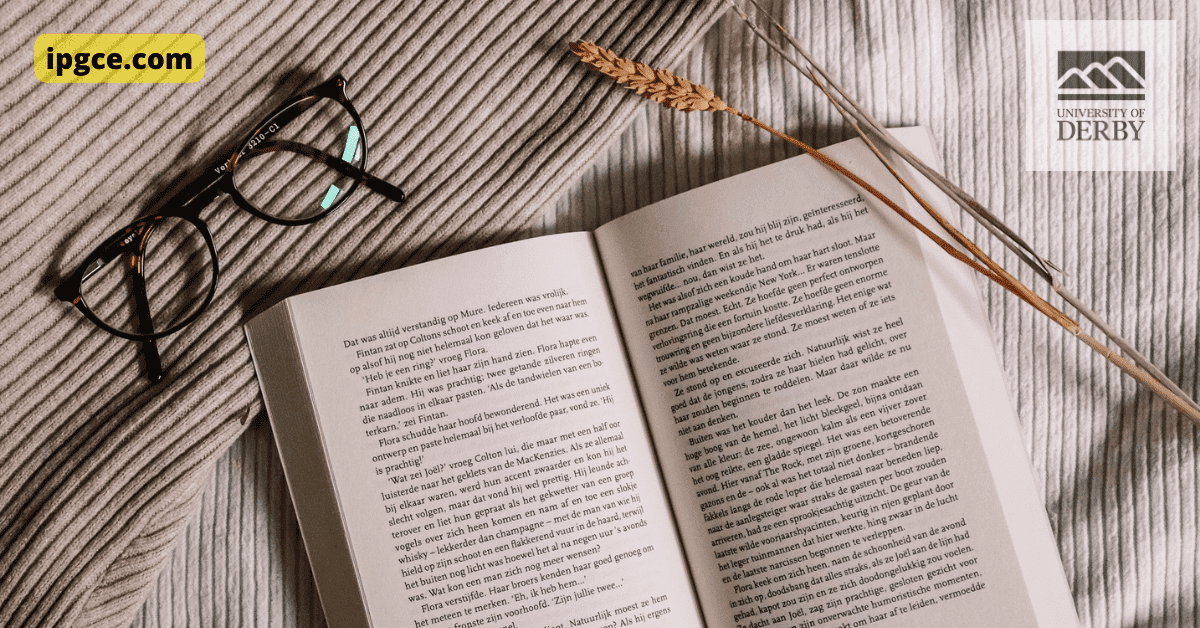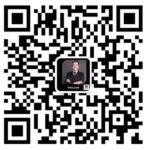The instinct to ban books in schools seems to come from a desire to protect children from things that the adults are doing the banning find upsetting or offensive. These adults often seem unable to see beyond harsh language or gruesome imagery to the books’ educational and artistic value or to recognise that language and imagery may be integral to showing the brutal, gruesome truths of the books’ subjects. That appears to be what’s happening with Art Spiegelman’s Maus—a Pulitzer Prize-winning graphic-novel series about the author’s father’s experience of the Holocaust that a Tennessee school board recently voted to remove from an optional reading list.
Maus is a difficult book, as any honest portrayal of the Holocaust must be. But it is also a beautiful and important work, one that has been praised by everyone from Oprah Winfrey to Elie Wiesel. It is precisely the kind of book students should be encouraged to read to understand better one of the most horrific events in human history.
Yet some parents and school officials seem to believe that children cannot understand Maus on its terms—that they will be so traumatised by its graphic depictions of violence and suffering that they will be unable to appreciate its value as a work of art or history. This is a patronising and misguided view of both children and literature.
Unfortunately, it is a view that seems to be gaining ground in the United States. In the past few years, several attempts have been made to ban Maus from schools and other books dealing with difficult topics such as racism, sexism, and violence. These book bans are not only an affront to the freedom of expression; they are also a dangerous form of historical revisionism, erasing the experiences of groups that have been marginalised and oppressed throughout history.
In addition to Maus, other recent targets of book bans include Joyce Carol Oates’s short story “Where Are You Going, Where Have You Been?”—which was removed from a ninth-grade reading list in Arizona because it includes references to rape and child abduction—and Toni Morrison’s Beloved, which was banned from an Advanced Placement English course in Virginia because of its “disturbing” content.
These books, and others like them, have been banned not because they are poorly written or offensive but because they deal with difficult subjects in a way that some people find discomforting. This is a dangerous precedent to set. If we censor the books that make us uncomfortable, we are only perpetuating the cycle of ignorance and bigotry that they are trying to break.
It is important to remember that the books that are being banned are not just works of fiction; they are also historical documents, shedding light on the experiences of groups that have been marginalised and oppressed throughout history. To ban these books is to erase the accounts of those who have suffered from racism, sexism, and violence. It is a dangerous form of revisionism that disservice everyone, especially young people who are trying to learn about the world around them.
If we want our children to grow up to be informed and compassionate adults, we need to give them the tools to understand the world’s ugliness and beauty. Censoring books is not the way to do that.
When we try to protect children from the ugly truths of the world by banning books like Maus, we do not favour them. We are teaching them that certain topics are off-limits for discussion and that it is better to remain ignorant than to confront difficult problems head-on. We are telling them their safety and comfort are more important than the need to understand and learn from the past.
It is time for us to start trusting children—and literature—a little more. Maus may be a difficult book, but it is also essential. Let’s not take that away from our kids.
What do you think? Do you think book bans are an effective way to protect children from difficult topics? Why or why not? Let us know in the comments!
For more news on international education, politics, socio-economics, etc. , follow us on IPGCE and WeChat.
Wechat Code:
Meet Our Successful Graduates: Learn how our courses have propelled graduates into rewarding
careers. Explore their success stories here!
Discover More About Your Future: Interested in advancing your teaching career? Explore our
IPGCE, MA, and QTS courses today!

Explore Our Courses: Ready to take the next
step in your education journey? View our
comprehensive course offerings now!



